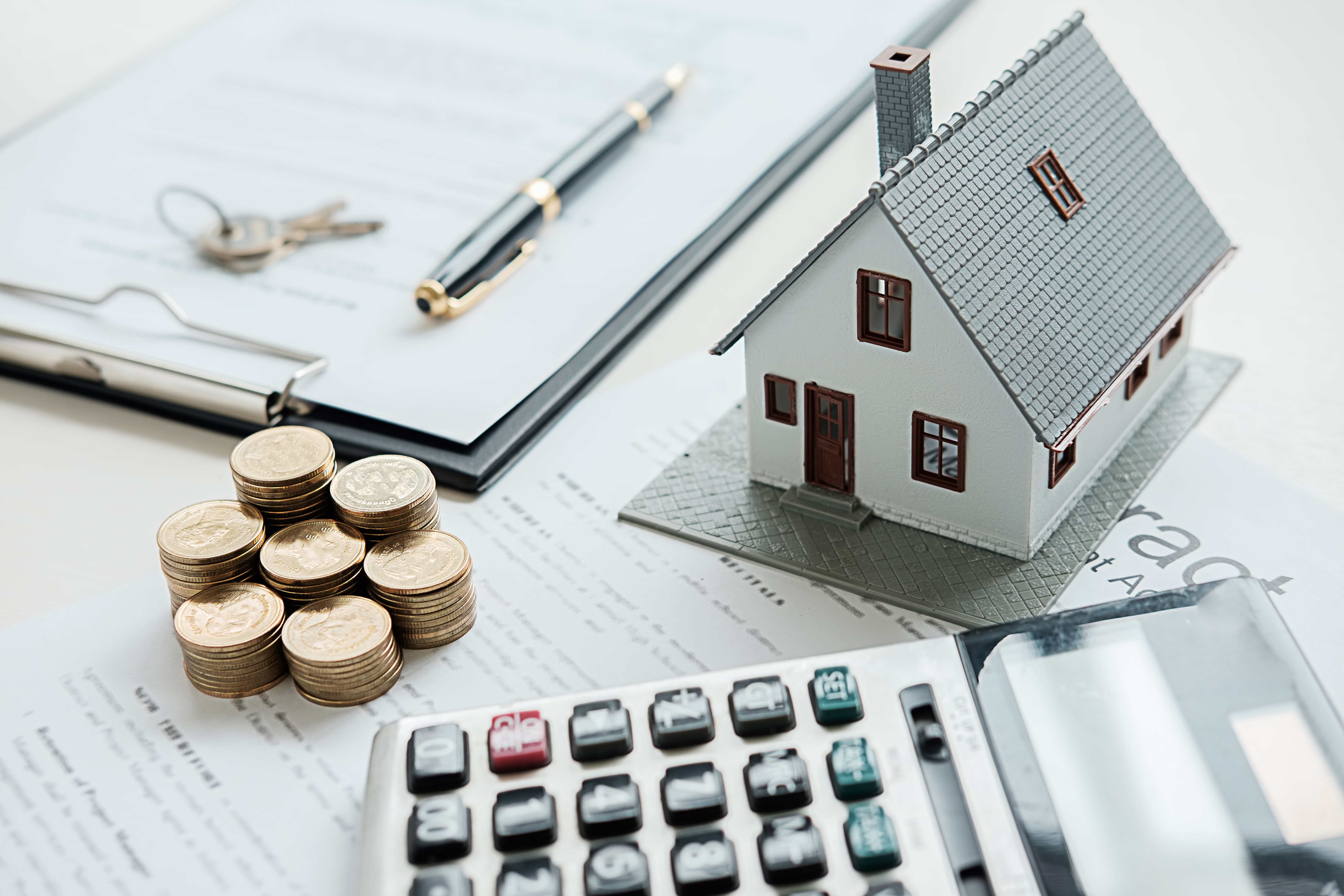Buying a foreclosed property
If you are looking for a bargain, buying a foreclosed home may be tempting. But is it a good idea? Before making any decision, it is essential that you understand what foreclosure is and what it means to you, the buyer.

What is foreclosure?
When obtaining a mortgage, the buyer agrees that the property will serve as collateral for the loan. If the buyer neglects to repay the loan (or does not make the required payments), the financial institution that holds the mortgage can repossess and sell the house and thus be repaid for the loan.
Defaulting on the mortgage is not the only reason a financial institution can foreclose on the property. If the owner is negligent and lets their house deteriorate, the bank can repossess it to protect its value. Another reason the house may be repossessed by the creditor is if the homeowner does not pay the property taxes.
Taking in Payement versus Sale Under Judicial Authority
A distinction must be made between a “taking in payment” foreclosure as we have just discussed and a sale under judicial authority.
If the remaining mortgage debt is lower than the market value, it would be advantageous for the financial institution to repossess the property due to the additional profit.
A sale under judicial authority is a more complex transaction which gives all creditors an opportunity to receive part of the sale proceeds. It often occurs when the remaining debt is greater than the property value.
Is it worth buying a foreclosed property?
A foreclosed home is not necessarily a good deal. Before proceeding, you have to:
Have the house inspected by a professional since repossessions are generally sold without legal warranty. This means that if you discover hidden defects or other unpleasant surprises at a later date, you will have no recourse against the seller, i.e., the bank.
Evaluate the cost of necessary renovation work to avoid spending more than what you saved on the purchase price.
Buying a foreclosed property is a good deal if the value of the house is greater than the amount to be repaid. In other words, if much of the mortgage has been reimbursed, the buyer will have a better chance of getting a good price.
And greater this gap, the better the return on investment when you resell it, minus the required repairs (if you intend to resell it, of course).
Obviously, since many mortgages are insured by the Canada Mortgage and Housing Corporation, banks have no incentive to quickly get rid of a foreclosed property. In addition, the current market is very active resulting in prices higher than what they are listed for.
For all these reasons, foreclosures are not automatic bargains. However, this does not mean that you won’t find any. Nevertheless, you must be cautious and, above all, have the house inspected.
How can you find foreclosed properties for sale?
Professionals carefully peruse Quebec’s Land Register in an attempt to catch new listings before anyone else.
A great way for average buyers to find interesting properties is to use the search function on Centris.ca which allows you to search specifically for foreclosed properties.
That said, the best way to prospect for foreclosed properties is to consult a real estate broker.
It is the broker’s role to stay on the lookout for properties on the market that may be right for you. By entrusting this search to your broker, you improve your chances of finding a suitable property.
Your broker will guide and protect you, since they are well informed of the steps to follow and the pitfalls to avoid when buying a foreclosed property. Find a broker now!
See also:
 The Largest Number of Homes for Sale
The Largest Number of Homes for Sale



